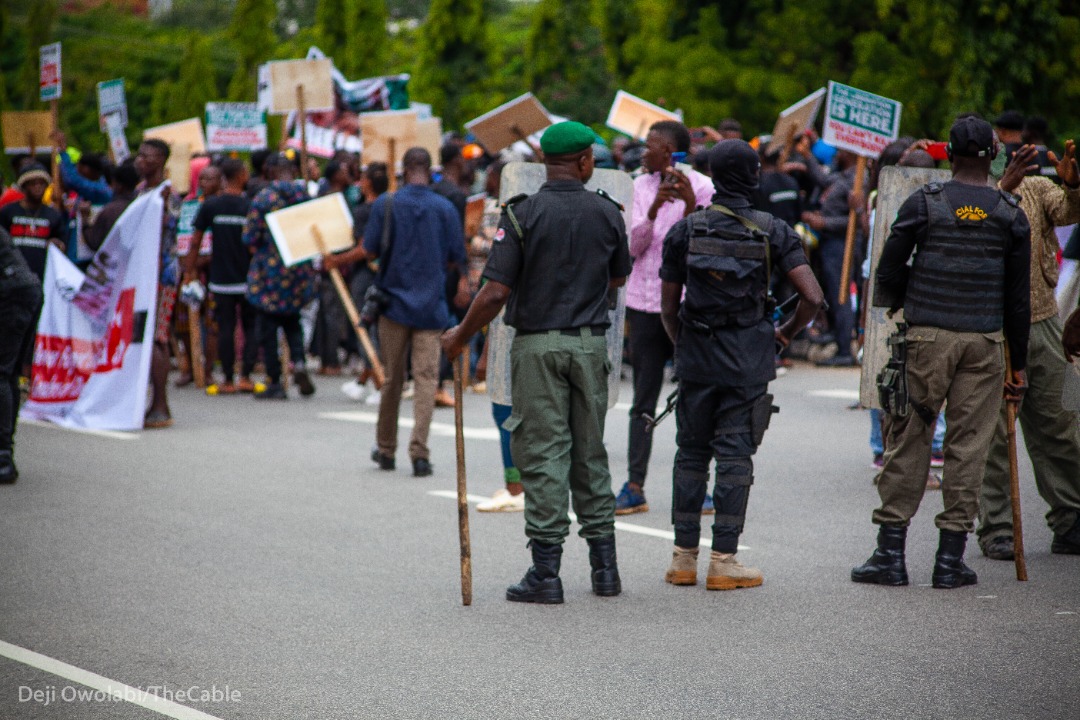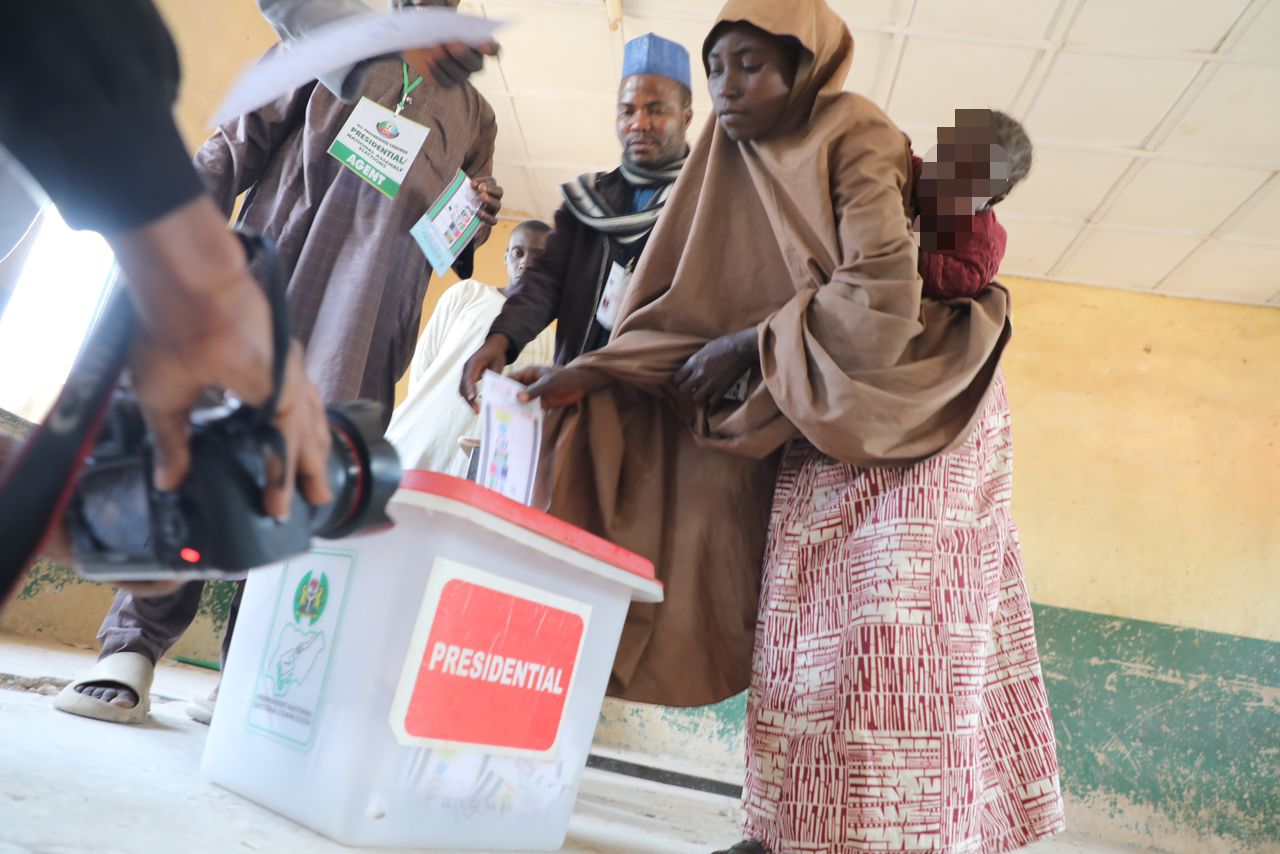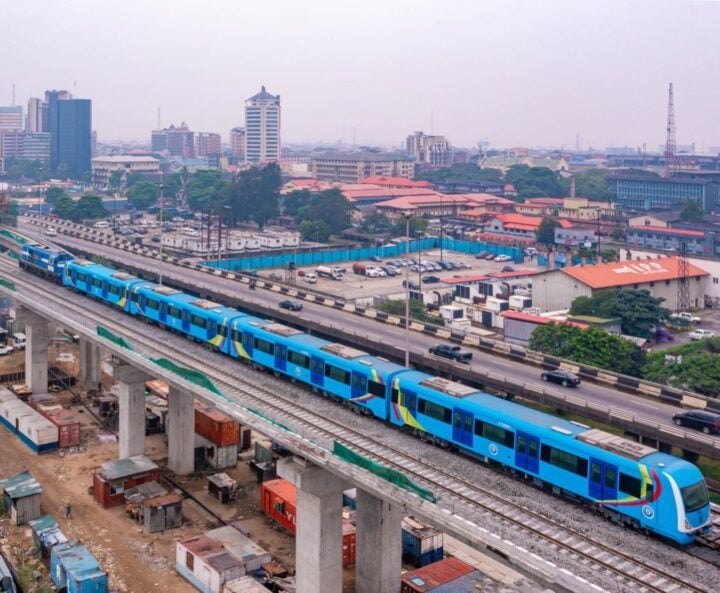BY OLUWATOBI OJO
On December 25, 2022, an assistant superintendent of police, Drambi Vandi, shot Bolanle Raheem, a seven-month-old pregnant lawyer, dead in Lagos. The senseless murder was not an isolated event of police brutality in Nigeria. Over the years, Nigeria has lost too many innocent citizens to the actions of trigger-happy police officers, and no end seems to be in sight.
In some cases, these incessant killings lead to a cycle of violence and reprisal attacks from members of the communities. Beyond talks, the Nigerian government must review the recruitment and operational process of the police force. The Nigeria Police Force (NPF) should implement internal control and independent external oversight over the activities of police personnel. Also, as a deterrence, the government must swiftly prosecute erring officers.
Two years after the End SARS protest, the government has yet to address protesters’ demands fully. Between January and September 2021, Nigeria recorded about 164 cases of extra-judicial killing. There is an urgent need to restructure the entire police structure in Nigeria to meet international rules and standards for policing. Bringing an end to police brutality in Nigeria involves addressing the fundamental issues discussed below.
Advertisement
Standardize personnel recruitment and operational process.
The NPF must restructure its recruitment and vetting process to identify criminal-minded individuals. In addition, the police force must maintain a database of people with criminal records and crosscheck with applicants at every recruitment exercise. The database must also include records of police officers previously dismissed or prosecuted.
Prospective candidates must also undergo psychological tests to ascertain their mental capacity and a series of psychometric assessments to evaluate their suitability for the job.
Advertisement
The NPF must also conform to international policing standards by immediately retrieving assault rifles from the street. Alternatively, police personnel should be trained in non-lethal incapacitating techniques and provided with self-defensive equipment. Implementing these standard operating practices will reduce the potential use of force and intentional/accidental discharge of firearms. To maintain an audit trail, the NPF’s research and planning department must work with local stations across the country to review and collate data on the daily discharge of firearms to officers. The department should review the reports and launch an inquiry on all unjustified use of firearms. Officers found guilty should be charged to the police court for prosecution. As a result, every officer will be accountable for firearms allotted to them daily.
Implementation of internal control and external oversight measures
A lot of police activities escape appropriate scrutiny. The centralization of the police administration at the federal level means they are unable to oversee all police activities across the country effectively. The NPF must establish an internal control mechanism for investigating its officers’ excessiveness and misconduct. It is imperative to decentralize internal control measures, such as a system for receiving and resolving complaints, internal investigations, and disciplinary actions. More importantly, external oversight is critical to maintaining sanity in the NPF.
According to the oversight framework of the NPF, the police council has oversight functions on the activities of the NPF. However, the police council has been ineffective on the duty. The lag is due to a lack of collaboration among the president, governors, and inspector general of police, and ambiguity in the separation of power. The PSC can checkmate the activities of the Police Force except for the Inspector-General of Police (IGP). This clause in the PSC act has resulted in a power tussle between the IGP and the members of the PSC.
Advertisement
The police council, police service commission, and human rights council should devolve into investigative units. These investigative units could include retired police officers, judges, and human rights activists. These units will independently investigate and prosecute police misconduct.
Swift Prosecution of Erring Officers under the Anti-Torture Law.
Holding charge in Nigeria has given way to torture within the NPF. Holding charge is a practice that allows police to remand suspects in prison where such cases cannot be tried by a magistrate, pending advice from the Directorate of Public Prosecution. The Anti-Torture Act 2017, passed by the 8th Assembly and signed into law by President Buhari in 2017, criminalizes police officers from aiding, abetting, or procuring anyone to commit torture.
However, this law remains ineffective due to its poor implementation and an overworked judiciary system. Through the National Assembly and the ministry of justice, establishing a police court that tries police-related matters will aid in the swift dispensation of justice and prosecution of erring officers.
Advertisement
An experienced judge, nominated by the National Judicial Council and confirmed by the National Assembly, could preside over the court. The police court shall only decide on cases investigated by independent investigative units.
As Nigeria goes into the next general elections, police brutality must take a front stage in policies. Nigerians must elect candidates who prioritize ending police brutality and bringing sanity to the policing system in Nigeria.
Advertisement
Oluwatobi Ojo is a writing fellow at the African Liberty.
Advertisement
Views expressed by contributors are strictly personal and not of TheCable.
Add a comment






